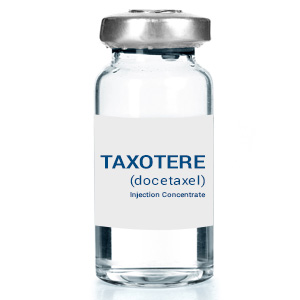Stryker metal hip V40 implant failure lawsuits are being filed nationwide. According to confidential sources, another huge defective hip recall is coming down the pike and Stryker Orthopedics will face the brunt of it.

Stryker Metal Hip V40 Implant Failure Lawsuits
Stryker Metal Hip V40 Implant Failure Lawsuits
Stryker is exposed to another defective hip crisis associated with their total hip replacement medical devices, involving its large LFIT-V40 chrome/cobalt heads.
These metal alloy femoral hip heads have been reported to cause catastrophic dissociation (this is where the femoral head snaps off) or metallosis (metal poisoning) requiring emergency revision surgery. Stryker last faced a major hip device recall in 2012 with the recall of its popular Stryker Rejuvenate and Stryker ABGII modular hip stem devices.
Metal on metal hip implants have a high failure rate including those manufactured by Biomet, DePuy, Encore, Smith & Nephew, Stryker, Wright and Zimmer.
What is the Stryker V40 Head Hip Implant Defect problem?
Failure of the stem occurs from corrosion leading to erosion at the head-neck juncture of the Continue reading
 Dallas Fort Worth Injury Lawyer Blog
Dallas Fort Worth Injury Lawyer Blog


 A recent medical study has shown that people who have taken Proton Pump Inhibitors (PPI), such as Prevacid, may be at an increased risk for chronic kidney disease.
A recent medical study has shown that people who have taken Proton Pump Inhibitors (PPI), such as Prevacid, may be at an increased risk for chronic kidney disease. Plaintiffs’ lawyers have requested a new multidistrict litigation for lawsuits alleging that Sanofi SA’s chemotherapy drug Taxotere can cause permanent hair loss in women, particularly those being treated for breast cancer.
Plaintiffs’ lawyers have requested a new multidistrict litigation for lawsuits alleging that Sanofi SA’s chemotherapy drug Taxotere can cause permanent hair loss in women, particularly those being treated for breast cancer.